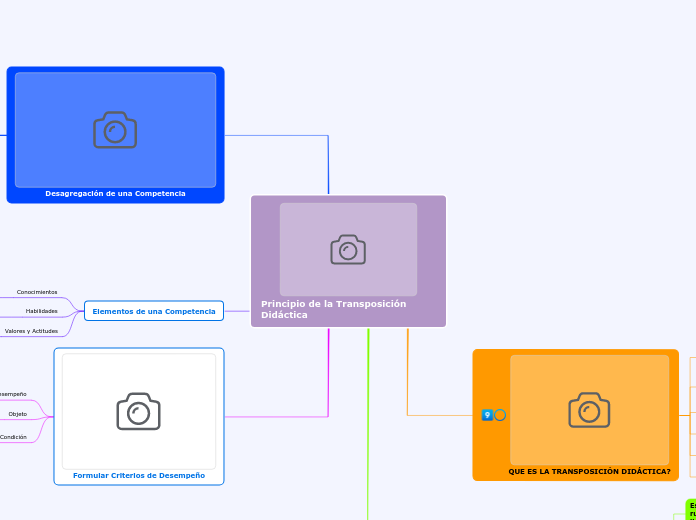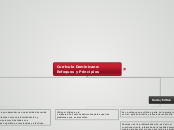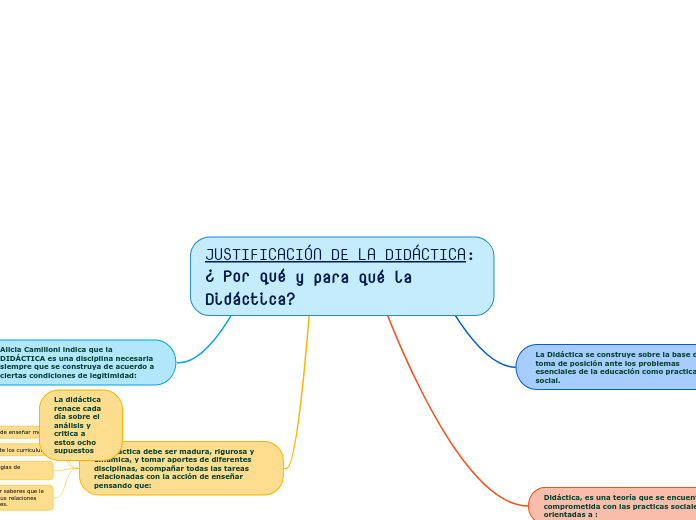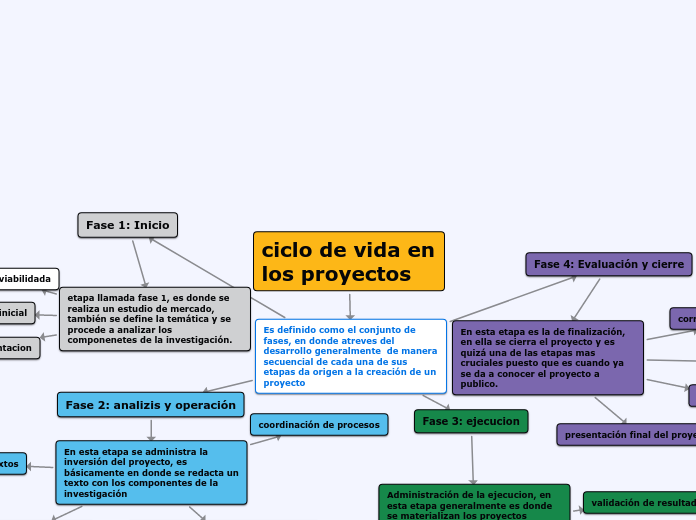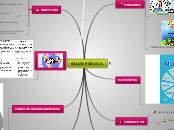Principio de la Transposición Didáctica
In linguistics, syntax is the set of rules, principles, and processes that govern the structure of sentences in a given language, usually including word order.
Formular Criterios de Desempeño
Condición
Cómo, en Dónde , Para que? Para diseñar escenarios educativos que fomenten competencias
Objeto
Competencias Educativas
Verbo de desempeño
Redacta
Elementos de una Competencia
Valores y Actitudes
Valoración de las consecuencias de ese Hacer
Habilidades
Saber Hacer
Conocimientos
Saber
Desagregación de una Competencia
A complex sentence is a sentence that contains an independent clause and one or more dependent clauses.
An independent clause can stand alone as a sentence, but a dependent clause even though it has a subject and a verb cannot stand alone.
Elementos de Competencias 4
Elementos de Competencias 3
Elementos de Competencias 2
Elementos de Competencias 1
Actitudinales Saber Ser
Procedimentales saber hacer
Conceptuales saber
Se verifican mediante
Consiste en descomponer en elementos más concretos que hagan posible su desarrollo y evaluación en el proceso de aprendizaje
The object clause is a phrase on which a verb performs an action. It falls at the end of a sentence, and is governed by a verb or a preposition.
Saberes
Evidencias
Criterios de desempeño
Elementos
Es Buena o Mala la Transposición Didáctica?
El análisis Didáctico confunde al Docente
El Docente no percibe espontáneamente la Transposición
See the example below and try to create your own simple sentences.
Tim is driving the red car.
Es una de las maneras de no llevar a cabo una ruptura necesaria y ahorrar el trabajo de llevarlo más allá del bien y del mal
See the example below and try to create your own simple sentences.
Tim drives the car.
QUE ES LA TRANSPOSICIÓN DIDÁCTICA?
Adverbial
An adverbial is an individual word (that is, an adverb), a phrase, or a clause that can modify a verb, an adjective, or a complete sentence.
Objeto de Enseñanza
The attribute is defined as a quality or characteristic of a person, place or thing.
Transformaciones Adaptativas
The predicative is defined as an adjective or noun forming or contained in the predicate.
Its main trait is that it serves to express a property that is assigned to a 'subject'.
For e.g.: The dog is old.
Proceso
Traditional grammar defines the object in a sentence as the entity that is acted upon by the subject.
Proceso por el cual se modifica un contenido de saber para adaptarlo a su enseñanza
The predicate of a sentence is the part that modifies the subject in some way. Because the subject is the person, place, or thing that a sentence is about, the predicate must contain a verb explaining what the subject does and can also include a modifier.
Es la Transformación del saber científico en un saber de ser enseñado.
The subject of a sentence is the person, place, thing, or idea that is doing or being something. You can find the subject of a sentence if you can find the verb.
Ask the question, 'Who or what 'verbs' or 'verbed'?' and the answer to that question is the subject.
